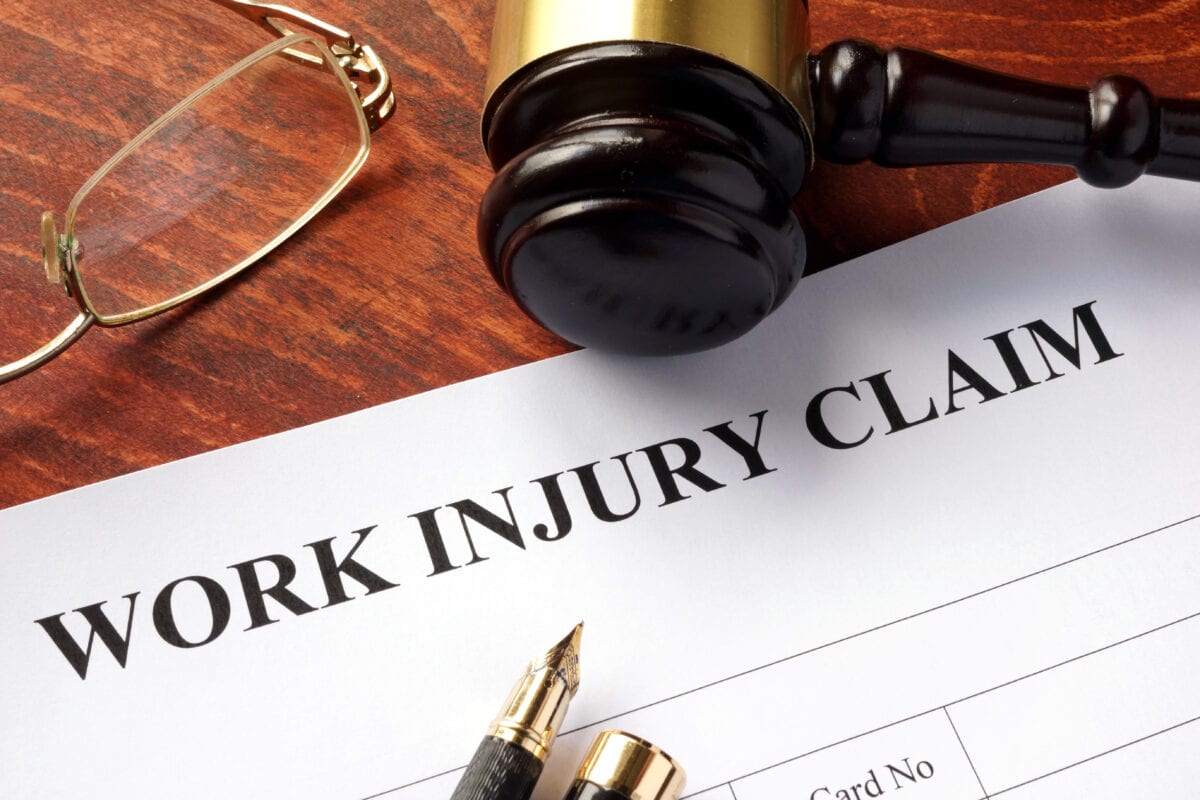In order to establish a right to compensation, the Workers’ Compensation Act requires:
- 1. An employment relationship
- 2. During which an accident or injury arises
- 3. In the course of employment
- 4. And is related to the employment
However, it is not always clear-cut whether an individual has “an employment relationship”. How do you know if there is an employment relationship? This comes down to whether you are considered an “employee”.
Who Is An Employee Under The Workers’ Compensation Act
The determination of an employment relationship under the Workers’ Compensation Act requires a review of the relationship on a case-by-case basis. Four key elements must be analyzed:
- The right to select the employee
- The right and power to remove the employee
- The power to direct the manner of performance
- The potential power to control the employee
Generally speaking, an employee is defined as a servant and includes persons who perform services for another for a valuable consideration. Valuable consideration is typically money but can be other benefits. On the flip side, employers are considered masters, because they control what an employee does. As such, an employment relationship requires a master/servant relationship between the employer and employee.
Many times, the existence of an employment relationship is obvious in nature. For example, you may have an employment contract or job offer letter that clearly outlines your employment. It is clear who controls your schedule, sets your wages, defines your job duties, etc.
However, oftentimes determining whether an employment relationship exists can be complex. This could be because even though you are injured while working, you are labeled as an “independent contractor”. It is important to understand what effect, if any, that classification has on your rights.
What is an Independent Contractor?
It is important to understand the difference between an employee and an independent contractor. Independent contractors do not have the right to workers’ compensation benefits because there is not an “employment relationship”, which, as noted above, the Act requires. However, simply being labeled an independent contractor does not mean you are legally an independent contractor under the Act. You should contact us to help determine whether you are actually an employee.
What do we mean by this? An independent contractor is not an employee because of the absence of a master/servant relationship. That means an independent contractor is free of control from the alleged employer. However, many times, even though a person has a contract that states they are an independent contractor, their relationship with the alleged employer qualifies them as an employee under the Act. I.e., their work for the alleged employer is more like a master/servant relationship. Even if you are labeled as an independent contractor, there are fact-specific considerations used to determine whether you are an independent contractor. As such, a workers’ compensation attorney should look at the facts of your case.
The primary factor looked at is the alleged employer’s right to control either the work to be done or the manner in which the work is to be performed. For example, if the alleged employer is telling you when to work and what to do, that tips the scales in favor of an employment relationship. Other considerations include the terms of the agreement between the parties, the nature of the work/occupation, the skill required for performance, whether the one employed is engaged in the distinct occupation or business, which party supplied the tools, whether payment is by the time or by the job, whether work is part of the regular business of the alleged employer, and the right to terminate the employment at any time.
As noted above, much of the analysis is placed on how much direction and control the alleged employer has. It is whether the alleged employer had the right to control the individual’s activities and not the actual exercise of that right that is determinative of the employment issue. When the alleged employer has the right to control an individual’s activities, an employment relationship is found, even when an individual is allowed to decline work whenever she/he chooses to. Control exists where an alleged employer possesses the right to select the employee, the right and power to discharge the employee, the power to direct the manner of performance, and the power to control the employee.
An agreement describing a relationship as an independent contractual relationship is not enough to prove you are an independent contractor if the facts surrounding your employment qualify as an employment relationship. Further, even your tax form is not enough, on its own, to prove the employment status in the context of workers’ compensation.
Construction Workplace Misclassification Act
Additionally, all individuals employed in the area of construction are subject to the Construction Workplace Misclassification Act (“CWMA”). To qualify under the CWMA, the employer must be in the construction industry. An individual who performs services in the construction industry for money is an independent contractor ONLY if all three of the following criteria are satisfied: (1) the individual has a written contract to perform such services, (2) the individual is free from control or direction over performance of such services both under the contract of service and in fact, and (3) as to such services, the individual is customarily engaged in an independently established trade, occupation, profession, or business.
Because Pennsylvania employers are required to carry workers’ compensation insurance for employees, but not independent contractors, the CWMA was put in place to protect workers from being intentionally misclassified as independent contractors. For example, if a construction company had mostly “independent contractors”, they would not have to pay as much for workers’ compensation insurance. Thus, companies can save money by labeling employees as independent contractors. As such, the criteria for being classified as an independent contractor is harder to meet in the context of construction.
If you have been injured in a construction accident contact us today!
What Should You Do?
As you can see, there are many things to consider in making an employment relationship determination, not all of which was discussed in this blog. If you are unsure of whether you qualify as an “employee” under the Act, you should contact an attorney. Our attorneys understand how to analyze whether you are owed benefits under the Act. Do not let an employer use the term “independent contractor” to prohibit you from receiving benefits you deserve when you are, in fact, an employee. If there is a dispute regarding your work status, our attorneys are equipped to handle testimony and present evidence to prove an employment relationship. Furthermore, under the Act, certain miscellaneous occupations are considered employees, such as volunteer firefighters or even “Good Samaritans”.
The most important thing to remember is that no one fact is determinative on its own. Every case is unique. Many factors are analyzed in determining an employment relationship, and it is important to find out if you are an employee. It could mean the difference between receiving the benefits you are owed or being wrongly denied.
Contact Us – the consultation is always free.
 (215) 999-1443
(215) 999-1443








